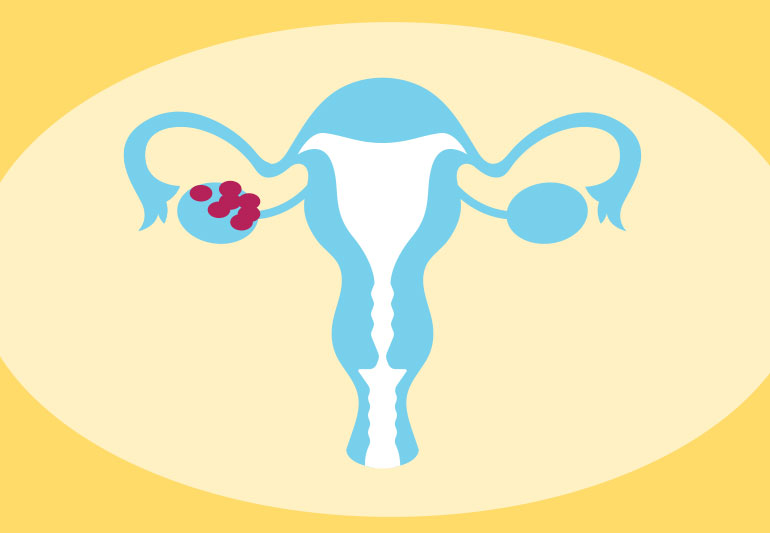First and foremost, it is known that insulin resistance is a major component of PCOS, and 50-70% of those suffering from it have high insulin levels or impaired blood sugar regulation. It’s important to note that insulin resistance develops many years before diabetes, so the most common tests for diabetes don’t often pick it up. Insulin resistance is caused by a variety of factors, including genetics, weight, diet, and lifestyle.
Insulin is a hormone that signals muscle and fatty tissue to take up glucose from the bloodstream and to store it as fat or energy. When the body tissues are “resistant” to insulin, the pancreas simply makes more insulin to compensate and to keep the blood sugar levels controlled. As such, a woman with PCOS will often have much higher insulin levels in her blood than normal.
With PCOS, even though other tissues in the body are resistant to insulin, for some reason the ovaries and pituitary gland remain very sensitive to it. High insulin levels cause the pituitary gland to make too much luteinizing hormone (LH), and too much LH causes the overproduction of testosterone, thus hindering ovulation.
As part of a vicious cycle, the high testosterone in PCOS sparks even more insulin resistance.1 You can get a general idea of how high levels of insulin contribute to the overall picture of PCOS as a result: the higher the insulin, the more severe hormonal dysregulations become.













